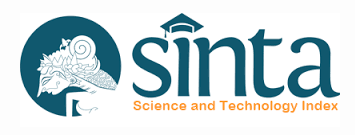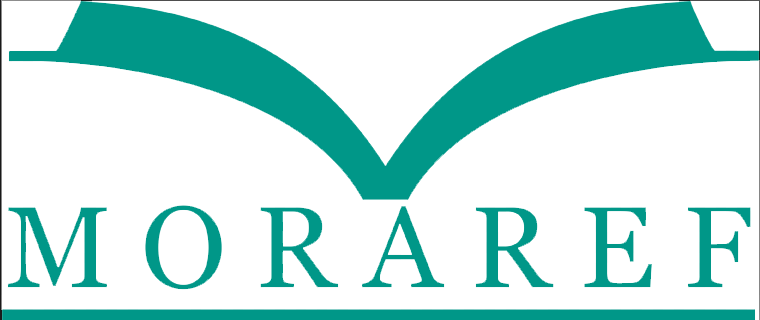Transformasi Perpustakaan Berbasis Inklusi Sosial di Perpustakaan Daerah Kabupaten Purwakarta: Studi Kasus mengenai Lipperpul (Lima Program Perpustakaan Unggulan)
Abstract
The concept of a library based on social inclusion is an interesting thing to research and understand more deeply. This research aims to explore how Lipperpul (Five Featured Library Programs) in Purwakarta Regency Regional Library presents social inclusion. This research uses a qualitative method with a case study approach. Data collection techniques through participant observation, interviews, documentation, and literature study. This research was conducted on 3 informants of young expert librarians of Purwakarta Regency Regional Library, 1 informant of basic guitar class teacher at Purwakarta Regency Regional Library, and 2 informants of the community who utilize Lipperpul. Data analysis in the study through data reduction, data presentation, and conclusion drawing. The results of this study show social inclusion through Lipperpul: social transformation, empowerment, and lifelong learning. This research is expected to know and understand social inclusion through Lipperpul
Downloads
References
Alvim, L., & Calixto, J. A. (2012). The social function of the public library in the world of social networks and of the crisis of the Welfare State. 5th International Conference on Qualitative and Quantitative Methods in Libraries. http://www.isast.org/images/Book_of_ABSTRACTS_2013.pdf
Baruchson-Arbib, S., & Elbeshausen, H. (2007). Knowledge in dialogue: Empowerment and learning in public libraries. Journal of Information, Communication and Ethics in Society, 5, 98–115. https://doi.org/10.1108/14779960710837597
Bennett, L. (2002). Using Empowerment and Social Inclusion For Pro-poor Growth : A Theory of Social Change. Social Analysis, April.
Davis, K., Iver, M., Soemarjan, S., & Ogburn, W. (2017). Dalam kehidupan bermasyarakat. Kateketik Dan Pastoral, 2(2), 53–67. https://e-journal.stp-ipi.ac.id/index.php/sapa/article/view/40
Department for Culture, Media, and S. (1999). Libraries for All : Social Inclusion in Public Libraries Policy Guidance for Local Authorities in England. Policy, October.
Gidley, J. M., Hampson, G. P., Wheeler, L, Bereded-Samuel, E. (2010). Social Inclusion : Context , Theory and Practice. The Australasian Journal of University-Community Engagement, 5(1), 6–36.
Irhamni. (2018). Transformasi Perpustakaan dari Pusat Informasi ke Pusat Aktivitas ( Makerspace ). Media Pustakawan, 25(2), 4–10.
Mahdi, R., Mahdi, R., Sastra, F., Studi, P., Perpustakaan, I., Malang, U. N., & No, J. C. (2020). Pemberdayaan Masyarakat oleh Perpustakaan Umum Kabupaten Magelang dalam Mewujudkan Layanan Perpustakaan Berbasis Inklusi Sosial Community Empowerment by the Public Library of Magelang Regency in Realizing Social Inclusion-Based Library Services berbasis a.
Saloojee, A., & Saloojee, N. (2011). From social exclusion to social inclusion: Theory and practice over two continents. African Journal of Public Affairs, 4(2), 1–17. https://repository.up.ac.za/bitstream/handle/2263/57703/Saloojee_Social_2011.pdf?sequence=1
Todd, J. (2005). Social transformation, collective categories, and identity change. Theory and Society, 34(4), 429–463. https://doi.org/10.1007/s11186-005-7963-z
Woro Titi Haryanti. (2019). Perpustakaan Berbasis Inklusi Sosial. Talenta Conference Series: Local Wisdom, Social, and Arts (LWSA), 2(2). https://doi.org/10.32734/lwsa.v2i2.728
Copyright (c) 2024 Titis Ardia Meva, Elnovani Lusiana, Andri Yanto

This work is licensed under a Creative Commons Attribution-NonCommercial-ShareAlike 4.0 International License.
By submitting your manuscript to our journal, you are following Copyright and License








